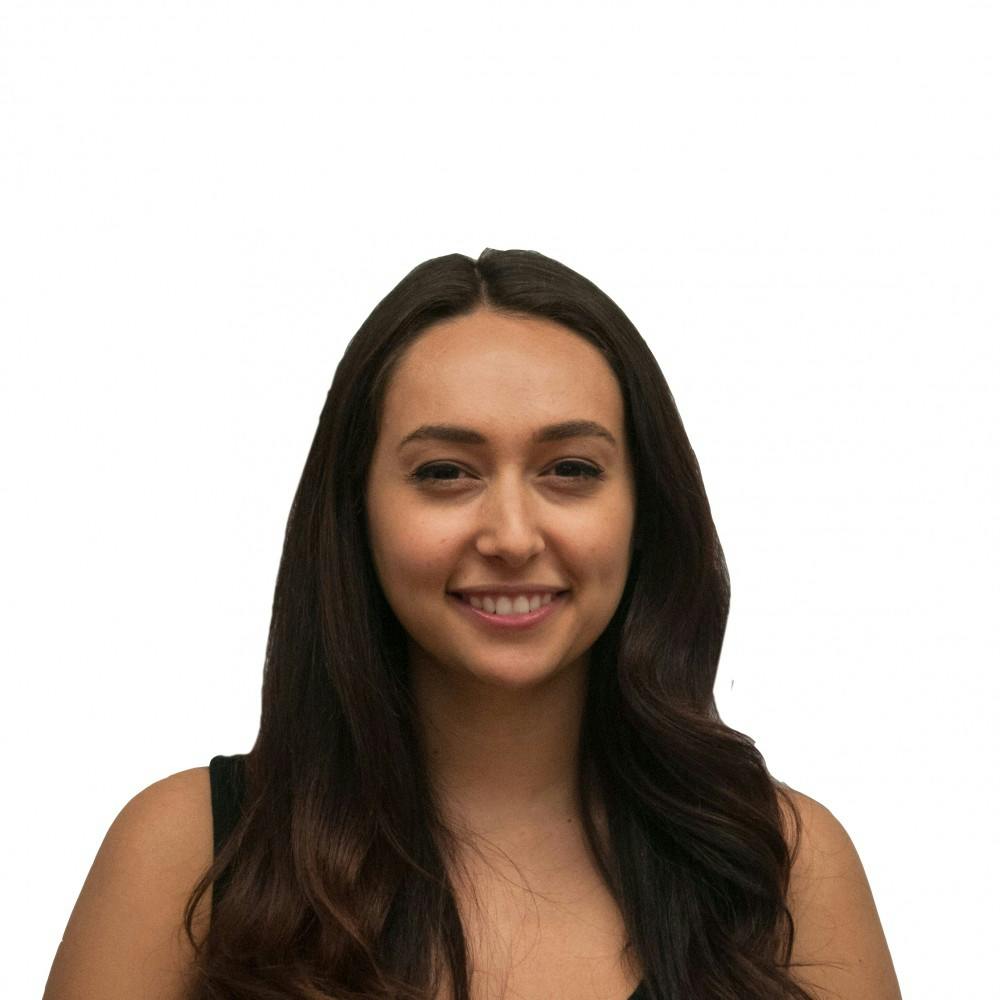I’ve spent four years studying philosophy, and all I have to show for it is a lot of uncertainty about life. I have never finished a philosophy course and said, “I get it now.” But I’ve gotten pretty good at being unsure.
What my discipline lacks in answers, it more than makes up for in questions. Philosophy asks what I like to call “big questions”. Those that form the bedrock of the human experience, like, “why are we all here?” or, “what makes an action ethical?” or the classic, “what is the meaning of life?”
You might think that asking unanswerable questions is a trivial or even nonsensical exercise. But to draw this conclusion would be to misjudge the importance of the unknown.
As the reality of my impending graduation sets in, I have never been more grateful for an education that forced me to confront uncertainty.
Leaving this nurturing red and blue cocoon is scary. It’s scary to close the undergraduate chapter of my life, which has been characterized by friends and mentors more inspiring and loving than I could have ever imagined. I have grown accustomed to my routine here, where each night I go to sleep knowing that all of the tomorrows in the foreseeable future will proceed with little variation from the yesterdays before. I love that security. But once I switch that tassel to the other side the tomorrows are going to start looking really different, and I can’t picture with any kind of clarity what life is really going to look like after Penn.
Graduating is terrifying because of all the uncertainty that comes with it. Up until now most of us were on pre-charted trajectories that we didn’t have a need to deviate from. We were set up on paths to get where we are today. Middle school led invariably to high school, and high school to college. But what was once a clear path is now splitting off into thousands of smaller, windier, less certain roads. We’re standing at this fork, diploma in hand, staring out at the so-called real world wondering which way to go.
Should we get jobs or go to grad school? What do these choices say about us and how decisive are they in determining our futures? If we commit to X job at Y company, what else are we committing to? Are we picking where we’ll be for the next five years or the next fifty? Should we pick the more lucrative job or the one we think will be more satisfying? Will that satisfying job be unsatisfactory when all of our friends can afford what we can’t? What if we choose wrong?
I cannot answer any of these questions. I have no idea if what I’ve chosen to do next year is really “right” for me. I don’t even know the relevant criteria for evaluation. What I do know is that I’m not nearly as uncomfortable in this interstitial space as I might have been if I hadn’t spent so much time asking big questions.
These shared anxieties are absolutely valid, but they don’t need to feel crippling. It is so much easier to approach the daunting question of “what now?” if we accept that we’re guessing as to what will make us happy or be right for us. Sure, our guesses are educated, but they are guesses nonetheless.
The most dangerous behavior at a time like this, where everything feels volatile, is to feign certainty. I know how calming it can be to pretend you’re sure about your plan, especially if you’re sacrificing something for it. Maybe you’re taking out enormous loans to pay for grad school, or maybe you’re accepting a job that’s going to require you to work 140 hours a week, so you tell yourself you’re absolutely sure that it’s what you want. But wouldn’t it just be easier if you told yourself the truth? That you’re making a decision based on limited information, and that you’re probably not actually sure? And that it’s okay that you’re uncertain?
In philosophy, brilliance is born in uncertain spaces, in grappling with seemingly impossible questions to gain a deeper understanding about the world. It hinges not on producing the right answers, but on asking the hard questions and embracing indeterminacy. In an uncertain world, being able to confront big questions is the best metric of success.
There is value in the uncertainty we’re all experiencing right now. I don’t know what next year will bring, or what success will look like. I don’t know who exactly I am now or who I want to be. But I know that the most challenging and rewarding part of my life will be trying to figure it out. Just because questions don’t have easy answers doesn’t mean we shouldn’t try to seek them. It means we should be comfortable with the uncertainty, but driven to keep searching in spite of it.
MIKAELA GILBERT-LURIE is a College senior from Los Angeles, Calif., studying philosophy and creative writing. She served as managing editor for 34th Street on the 132nd board. Previously, she was a lowbrow editor for 34th Street.
The Daily Pennsylvanian is an independent, student-run newspaper. Please consider making a donation to support the coverage that shapes the University. Your generosity ensures a future of strong journalism at Penn.
Donate







